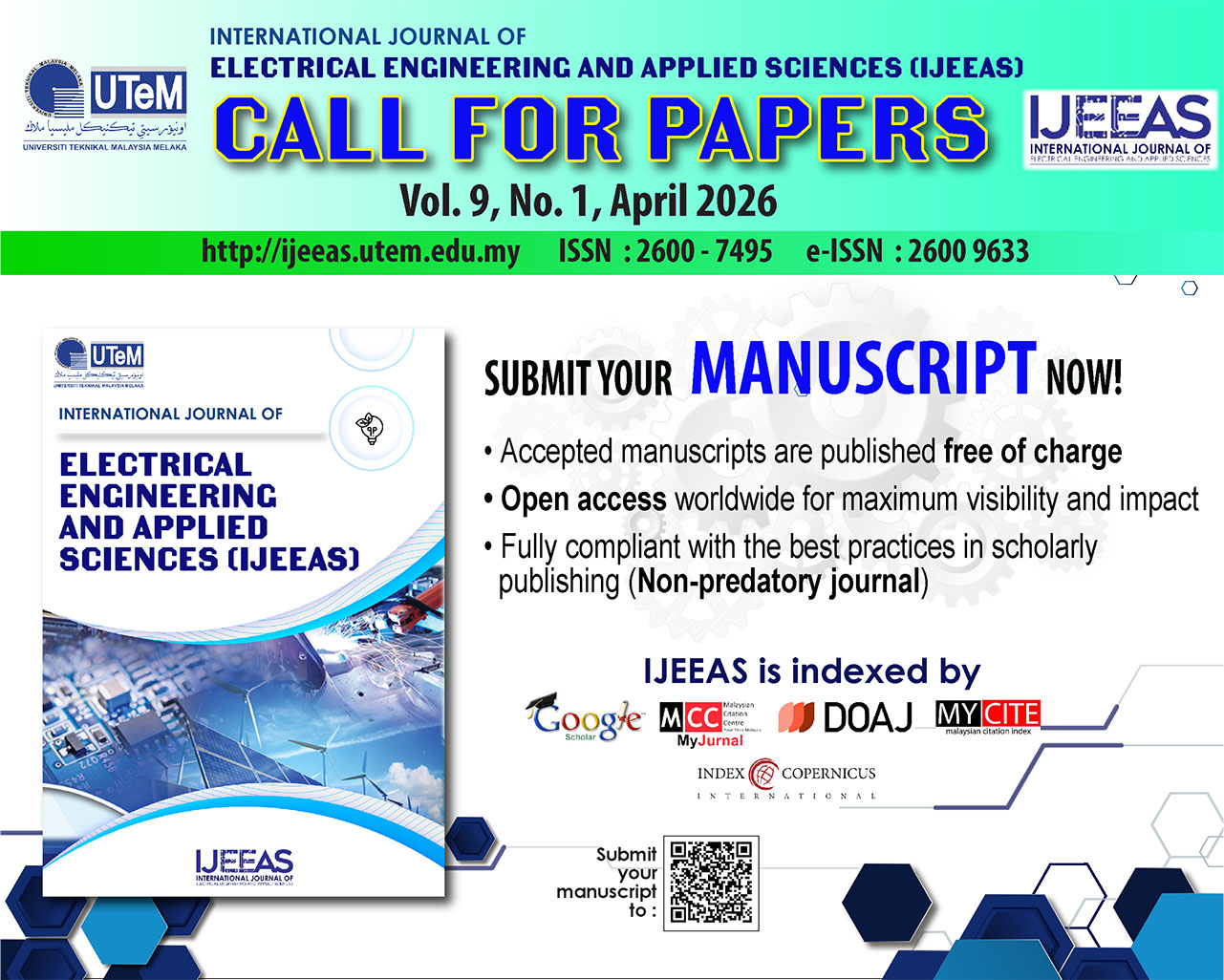Improved Tuna Swarm Optimization (ITSO) Algorithm based on Adaptive Fitness-Weight for Global Optimization
DOI:
https://doi.org/10.54554/ijeeas.2024.7.02.011Abstract
In this paper, an improved variant of the Tuna Swarm Optimization (TSO) algorithm called the Improved Tuna Swarm Optimization (ITSO) algorithm is proposed. An alternative way to determine the weight (p) value to improve the convergence speed of the original Tuna Swarm Optimization (TSO) algorithm is the primary objective. This method comes along with an adaptive fitness weight strategy which is used to replace the former approach for the weight value calculation to significantly improve the algorithm’s performance on high-dimensional problems. The proposed ITSO, the original TSO, and the Harris Hawk Optimization (HHO) algorithms were implemented in MATLAB software and tested on standard benchmark test functions and the pressure vessel design optimization problem. Through extensive simulations, the ITSO algorithm exhibits exceptional performance, outperforming the TSO and HHO algorithms across a variety of test functions. When restricting the three algorithms to a maximum of 100 iterations, the ITSO algorithm achieves considerably faster convergence on approximately 84.6% of the thirteen (13) test functions. Furthermore, an engineering design problem (the pressure vessel design problem) demonstrates the superior performance of the ITSO algorithm, yielding the best cost value of 5880.9471 as compared to 5885.3327 for the original TSO and 6393.0927 for the HHO. Given the ITSO algorithm's remarkable performance relative to the TSO and the HHO algorithms, the proposed ITSO is validated as an enhanced variant of the TSO. The ITSO can be applied to optimization problems in the electrical engineering field such as renewable energy integration and parameter tuning of control systems.
Downloads
Downloads
Published
How to Cite
Issue
Section
License
Authors who publish with this journal agree to the following terms:
- Authors retain copyright and grant the journal right of first publication with the work simultaneously licensed under a Creative Commons Attribution License that allows others to share the work with an acknowledgement of the work's authorship and initial publication in this journal.
- Authors are able to enter into separate, additional contractual arrangements for the non-exclusive distribution of the journal's published version of the work (e.g., post it to an institutional repository or publish it in a book), with an acknowledgement of its initial publication in this journal.
- Authors are permitted and encouraged to post their work online (e.g., in institutional repositories or on their website) prior to and during the submission process, as it can lead to productive exchanges, as well as earlier and greater citation of published work (See The Effect of Open Access).







